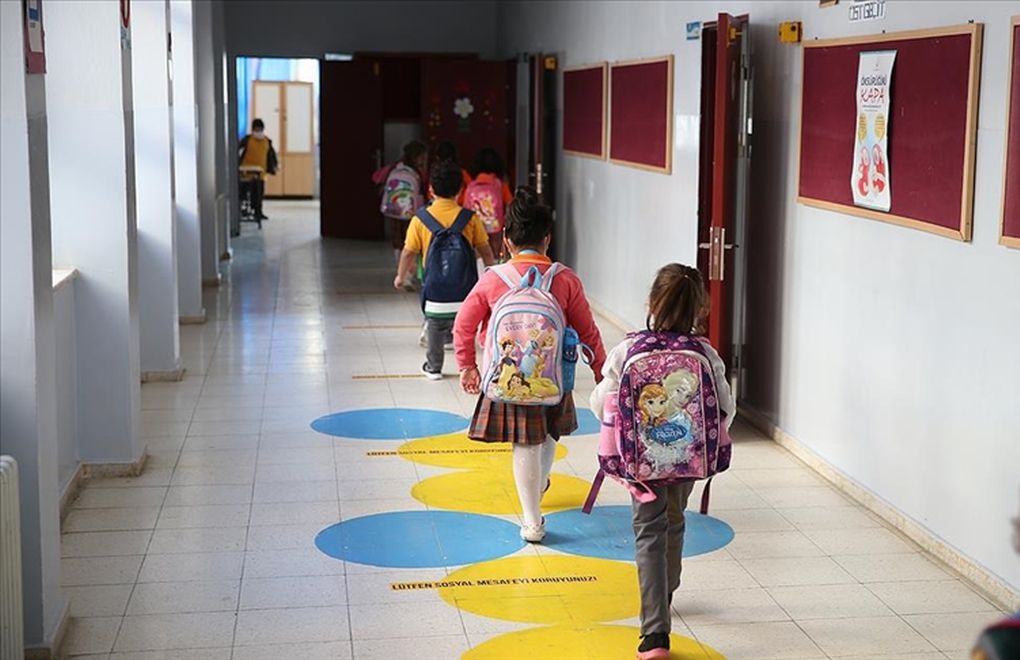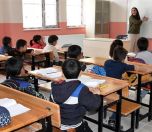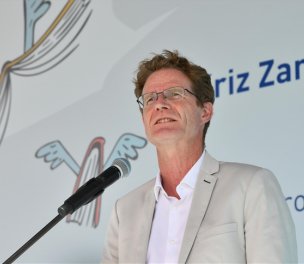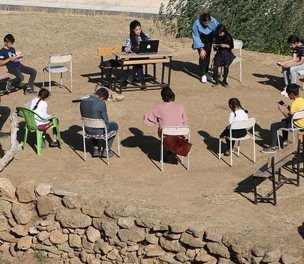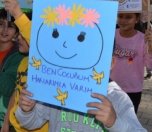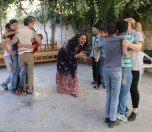Click to read the article in Turkish
The Konak Refugee Association conducted a survey with 50 refugee children and their families to determine refugee students' problems in education and access to online classes in particular.
The survey was conducted in Kapılar, Basmane, a low-income district with a dense refugee population.
All the interviewed people were from Syria and under Temporary Protection Status.
Some highlights of the survey:
- When asked, "Is there any space at home that children can use alone during class hours?" Seven families answered "yes," 43 said "no."
- 27 families said they had wi-fi access, 15 said they didn't have and eight said they shared an internet connection with their neighbors.
- 30 families said their children were able to follow online classes while 20 said their children were not.
- Among those 30 families, the children of 22 used mobile phones, five used tablets and one used a computer to attend online classes. Two families said their children used mobile phones and tablets.
- When asked why their children were not able to regularly attend online classes, 25 families said because of not having a sufficient number of mobile phones, computers and tablets, 17 said because of "language barrier," 16 said "the conditions at home are not suitable for listening to the classes" and the "indifference of teachers," and 14 said "problems in accessing the Education Informatics Network (EBA).
Multilingual materials
In its report, the Konak Refugee Association said that many refugee children lost connection with education because they had to work or help domestic work.
"For this reason, parents' participation in work life, having regular income and receiving socioeconomic support is also important for children to continue their education," it said.
While some refugee children can fluently speak Turkish, they can't comprehend the lessons as well as their peers whose mother tongue is Turkish, the association said.
"For this reason, bilingual learning materials should be developed to enable refugee children to receive education in their own language in their classrooms.
"In addition to school lessons for refugee children, Turkish language learning and lessons should be supported with supplementary classes."
The association further noted that the language barrier prevents parents from helping their children with their lessons and suggested that they could be provided with translation services and information in their mother tongue. (AÖ/VK)




